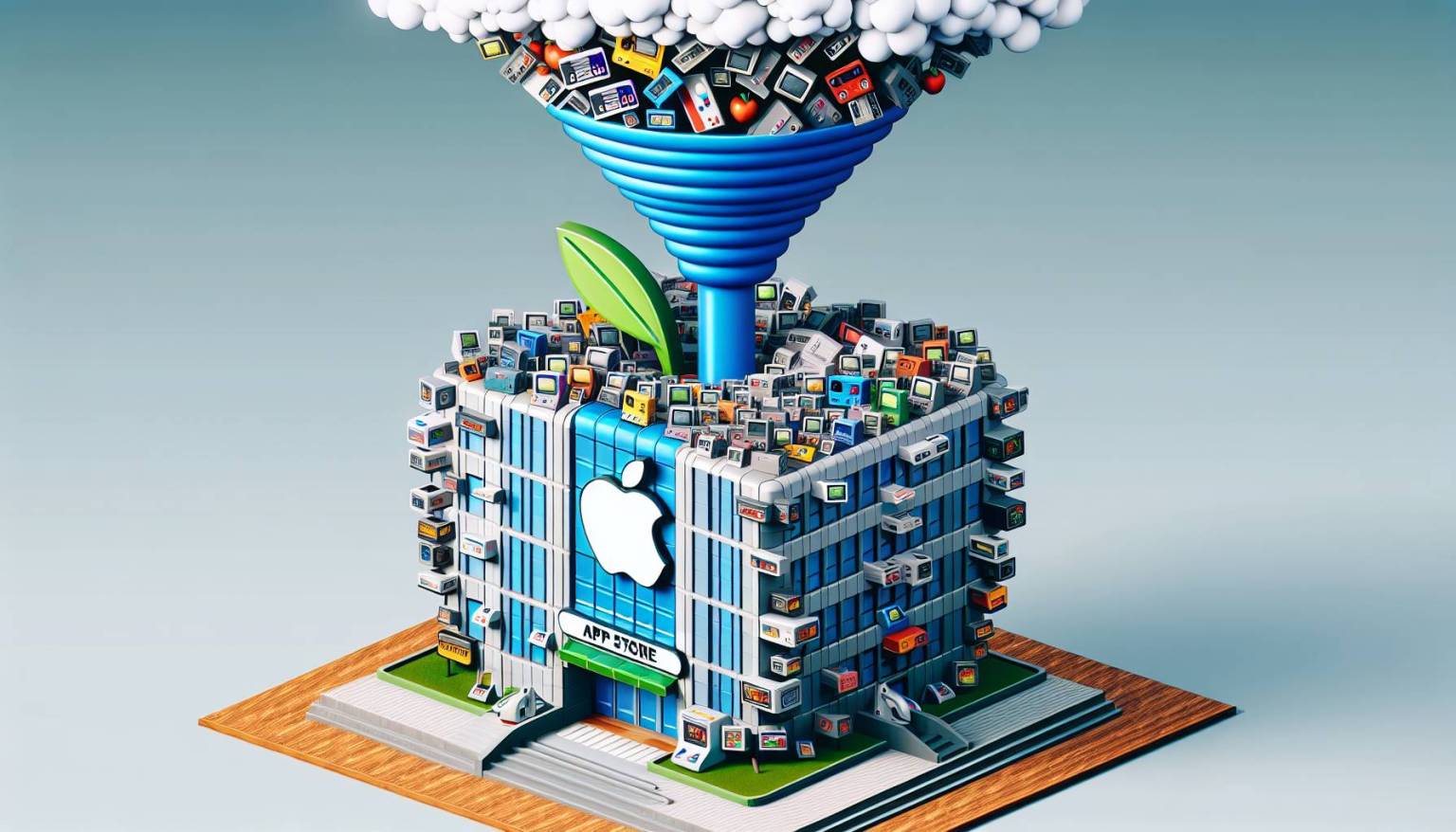In a ground-breaking move, Apple recently announced plans to infuse emulators into their App Store. This development could potentially reshape the mobile gaming sector, granting consumers access to an extensive library of classic games, in addition to the thousands of native apps already available.
Such a move could significantly broaden gaming scopes available to Apple’s users, pulling in those gamers with a fondness for retro games. Consequently, this may open up Apple’s demographic reach within the gaming market. Considering this, the effects of this innovative shift on the gaming community and Apple’s industry stance will undoubtedly be fascinating to watch.
For gaming aficionados, this move might hint at iPhones becoming plausible rivals to portable gaming hardware like Nintendo Switch and Steam Deck. The integration of high-standard games, coupled with an impressive scope for customization, could position Apple devices as serious alternatives to traditional handheld consoles.
However, the mechanics of how emulators will function on iPhones are still under wraps.
Emulators herald new era for App Store
Despite the uncertainties, this strategic move could elevate Apple’s competitiveness within the mobile gaming industry. Although integrating emulators may enhance the gaming experience by providing access to a wider array of games, it’s important to preserve the integrity of Apple’s App Store ecosystem.
Even as iPhones might fall short in aspects like tangible buttons for gaming, third-party controllers like Razer Kishi and Backbone One might bridge this gap. Equipped with standard gamepad buttons and analog joysticks, these accessories transform your device into a handheld console, leading to a more engaging gaming experience.
However, the expenses and evolving design of newer iPhone models might pose challenges for customers with older models, especially in terms of third-party controller compatibility. A universal design approach could provide a more affordable, inclusive solution for all iPhone users.
Overall, Apple’s potential move might rewrite the narrative of mobile gaming. It could lead to a surge in the market for third-party controllers and usher in a new era in the gaming sphere. This step may also provide smaller companies with a platform to grow in a market dominated by larger players

